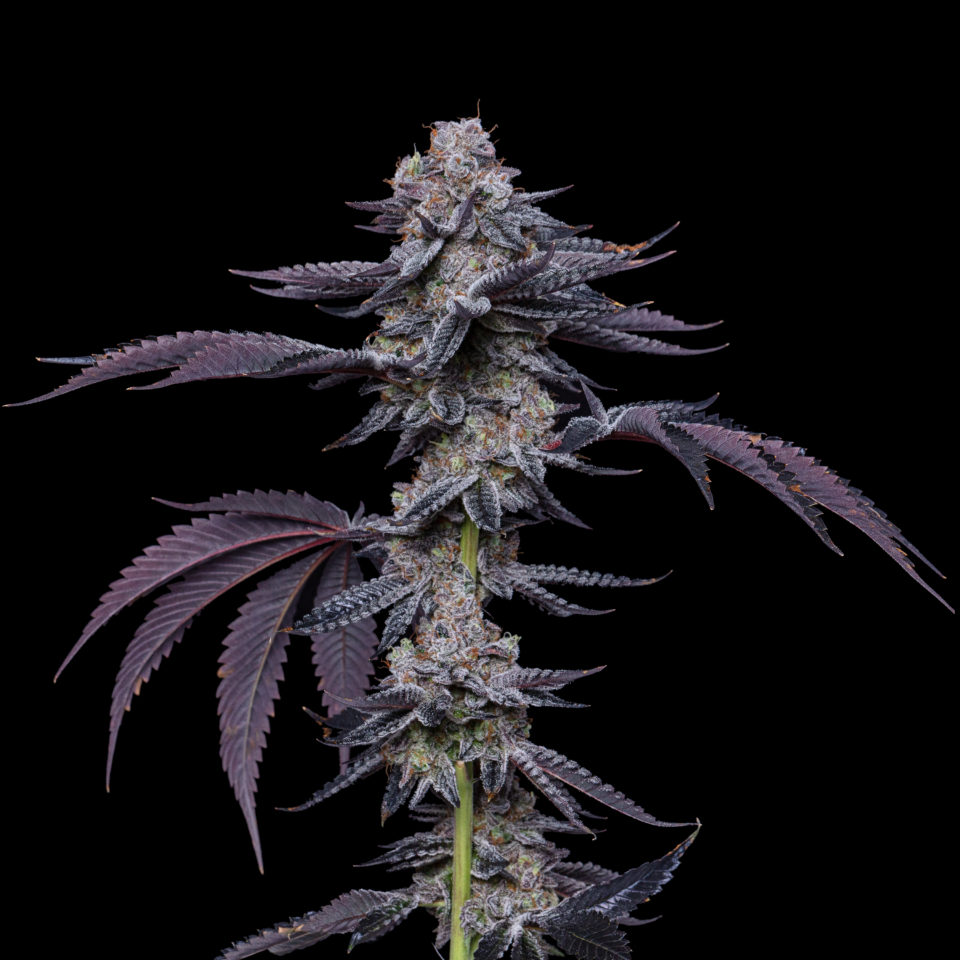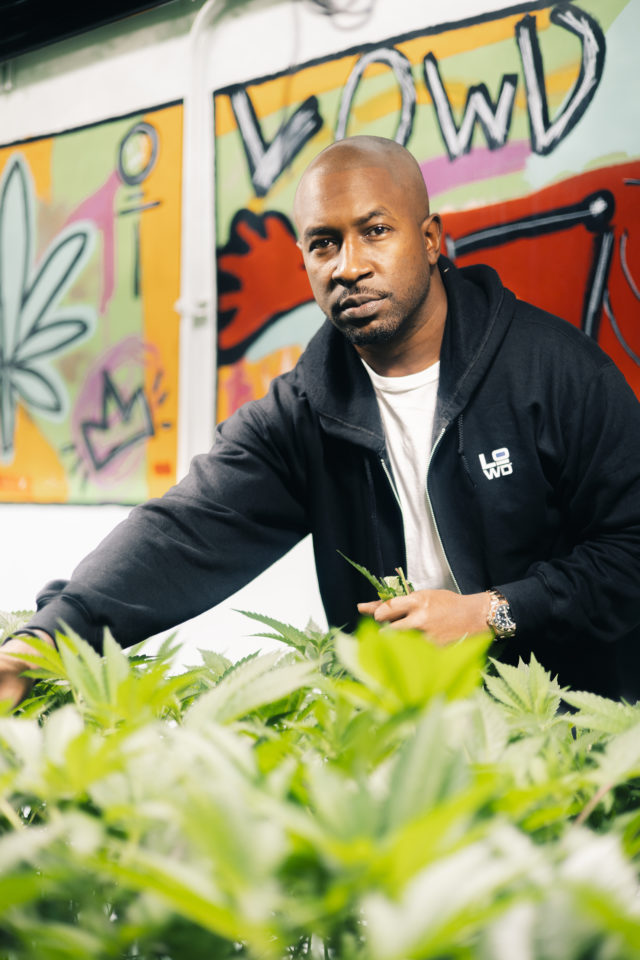The Texas Supreme Court has agreed to hear a case challenging the state’s ban on smokable hemp and has scheduled oral arguments for early next year.
After hemp was legalized at the federal level through the 2018 Farm Bill, the following year, Texas state lawmakers approved legislation that bans the manufacturing of smokable hemp products. Often rich in CBD and other cannabinoids, smokable forms of hemp have become popular with consumers, particularly in states without other forms of legal cannabis.
In 2020, four hemp businesses filed a lawsuit in Travis County District Court against the Texas Department of State Health Services (DSHS), the agency responsible for regulating consumable hemp in the state, and its commissioner, John Hellerstedt. Judge Lora Livingston of the 261st District Court ruled in August that the ban on smokable hemp is unconstitutional and issued a permanent injunction barring the DSHS from enforcing its provisions.
“Based on the entire record in this case, the Court concludes that Texas Health and Safety Code Section 443.204(4) is not rationally related to a legitimate governmental interest,” Livingston wrote in her final judgment.
“In addition, based on the entire record in this case, the real-world effect of Texas Health and Safety Code Section 443.204(4) is so burdensome as to be oppressive in light of any legitimate government interest,” Livingston continued in her ruling.
Zachary Maxwell, the president of Texas Hemp Growers, applauded Livingston’s ruling after the judge struck down the ban.
“Today’s ruling is a major win for Texas’ hemp industry, and may set a new standard in similar cases across the country,” Maxwell said in a press release at the time. “The attorneys behind the Texas Hemp Legal Defense Fund fought hard, brought fact-based arguments to the courtroom and proved the undeniable financial harm caused by this cavalier ban.”
Health Department Appeals Injunction Against Ban
On December 3, the DSHS appealed the judge’s ruling to the Texas Supreme Court, asserting that the high court has jurisdiction in the civil case. On December 17, the high court agreed to hear the case, scheduling arguments for March 22, 2022.
The plaintiffs in the suit against DSHS, four hemp companies led primarily by Crown Distributing, argue that the smokable hemp ban is unconstitutional, writing that “the regulation at issue shuts out hemp businesses from manufacturing and processing a good that is legal.” They also argue that the DSHS has interpreted the law too strictly by banning the sale of smokable hemp, noting that the regulations only prohibit the “processing or manufacturing” of such products.
“In June 2019, Governor Abbott signed legislation establishing a hemp program for Texas. Among other things, it directs the executive commissioner of DSHS to prohibit ‘the processing or manufacturing of a consumable hemp product.’ The Rule DSHS later adopted in 2020, however, went much further: The Rule prohibits the ‘manufacture, processing, distribution, or retail sale of consumable hemp products for smoking,’” the companies wrote in court documents.
After the ban on smokable went into effect in 2020, Sam Alvez, the manager of the 7th Heaven Smoke Shop in Killeen, Texas, told local media that his patrons use smokable hemp therapeutically.
“Our customers always tell us how much CBD changes their lives,” Alvez said. “They sleep better; their knees don’t hurt—they’re taking medicine away, that’s what they’re doing.”
With the ban, he noted, a sizable portion of his revenue was put at risk.
“This is likely to cut our business by 50 percent maybe—we’re looking at a good 50 percent. I personally don’t think they know what they’re doing,” referring to Texas lawmakers. “They legalized it, but now they’re taking it back. I don’t understand that part of it.”
The post Texas Supreme Court Takes Case Challenging Smokable Hemp Ban appeared first on High Times.
source https://hightimes.com/news/texas-supreme-court-takes-case-challenging-smokable-hemp-ban/





